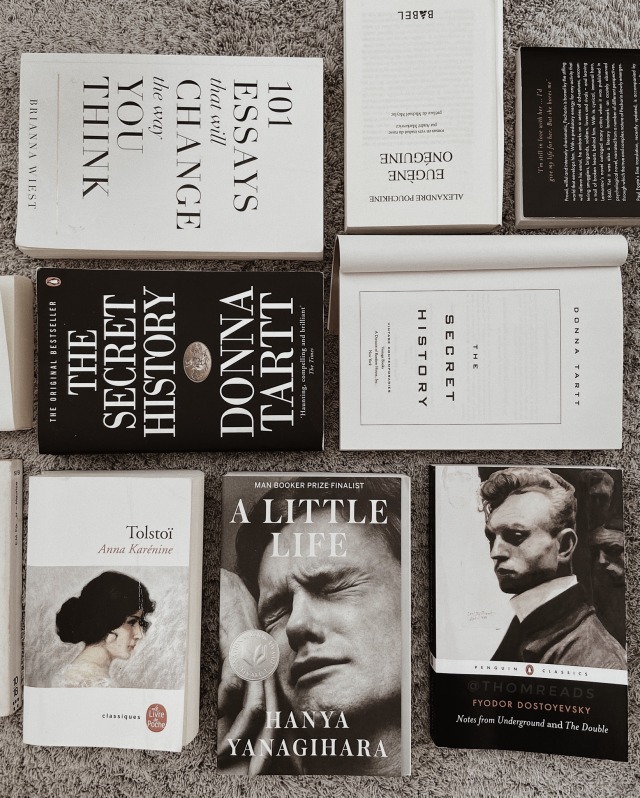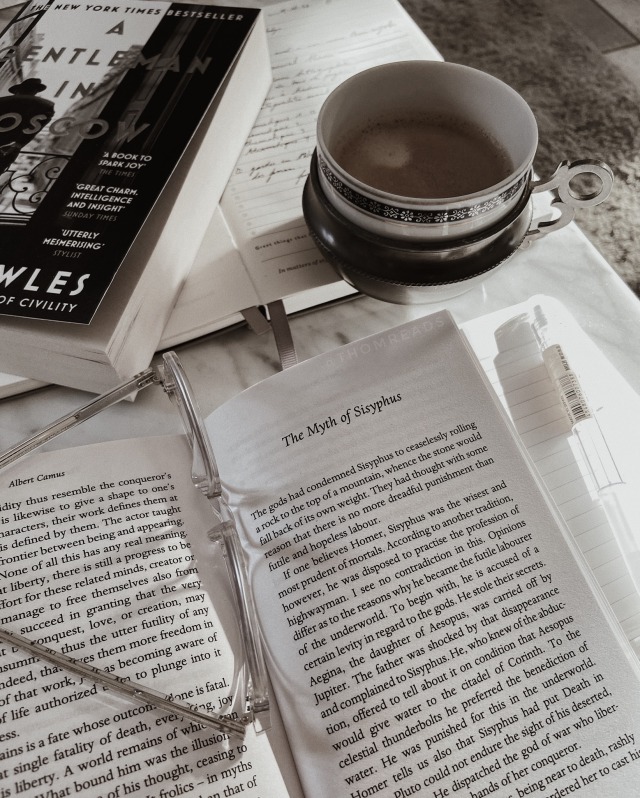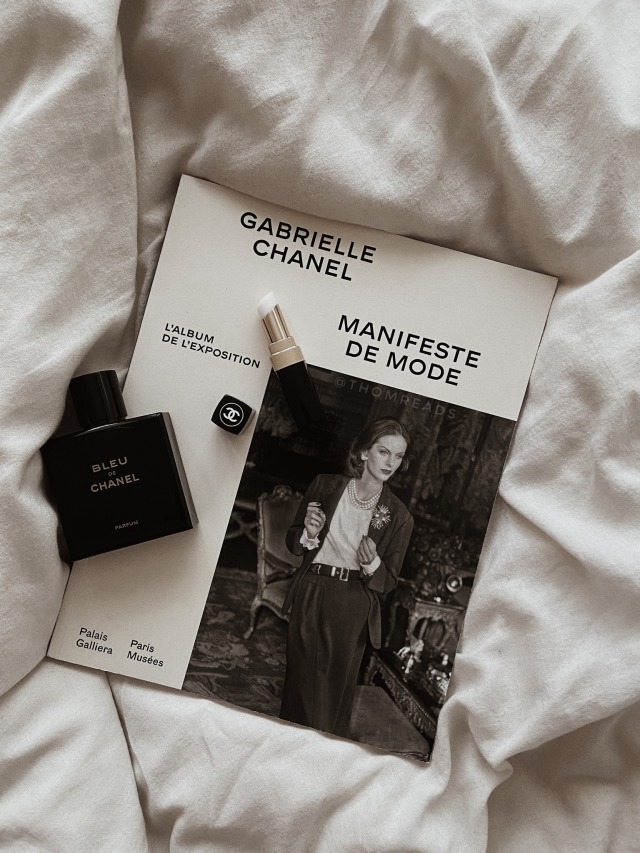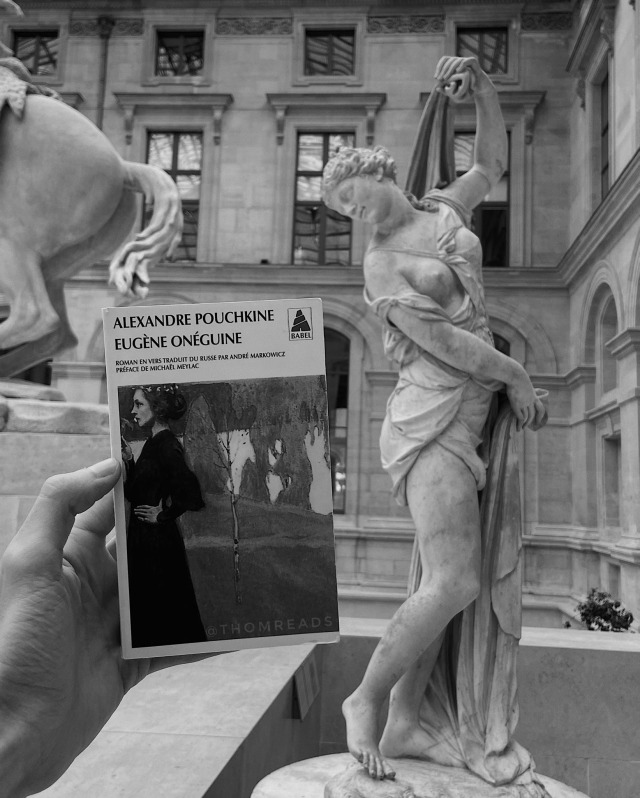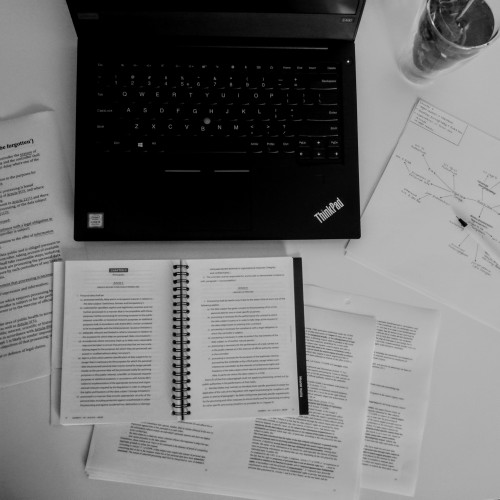#thesis writing
Planning
- Determine primary sources/bibliography.
- Determine secondary sources/bibliography.
- Find title.
- Brainstorm a table of contents with as much detail as possible (with chapters, sections and even paragraphs and sub-paragraphs - see How to Write a Thesis’ own table of contents as an example at the end of this document) (if the first drafted table of contents is good enough, it will not be necessary to start the writing from the beginning).
- Do a first draft of the introduction.
Note-taking and research
- Use Google Scholar to make sure you do not miss important sources.
- Keep the table of contents in mind when researching and take notes of which sources could go where.
- While note-taking, differentiate which parts could be used as quotations from the ones that are simply important for the argument.
- Eco underlines the importance of what he calls reading sheets, which can be understood as your notes on your readings. According to him, these should contain:
- information about the author if he is not a well-known figure;
- a brief (or long) summary;
- they should mostly consist of quotations (accompanied by all the corresponding page numbers)
- any commentaries you might want to add;
- an indication of which part (or parts) of your table of contents the information mentioned belongs to.
- Keep reading sheets on primary sources (which should be the longest) separate from those on secondary sources (which should only be 1-2 pages long).
- In the end, re-read the notes and color-code all the different parts according to where they would fit in your table of contents.
Writing and editing
- A good place to start would be by redrafting the introduction.
- Define every key/technical term used/mentioned unless indisputably obvious.
- General writing tips:
- keep sentences short;
- do not be afraid to repeat the subject twice (ex: Roberta went to the shop (…) Roberta bought carrots and tomatoes);
- avoid excessive details;
- avoid subordinate clauses (orações subordinadas);
- avoid vague language;
- avoid unnecessary adjectives;
- avoid the passive voice.
- While drafting, write everything that comes to mind. Leave the editing for the end.
- Use your tutor as a Guinea pig. Make them read your first chapters (and, progressively, all the rest) well before delivery is due.
- Ask for as much feedback as possible. Ask colleagues, friends and/or family to read your work. They will provide you with more diversified feedback, as well as allowing you to know if your writing is clear to anyone.
- Stop playing ‘solitary genius’.
- Don’t insist on starting with the first chapter. Start with what you know best and feel more comfortable writing about, then fill in the gaps.
- Leave time for editing and try to take at least a one or two days long break in between writing and editing.
- Do not forget to fill in the gaps. When you revisit your writing, go through it with all these writing tips in mind as well as a conscience of what your most common mistakes are.
- Use Hemingway in the final editing phase.
Quotations and footnotes
- Since there are two kinds of sources (primary and secondary), there are also two kinds of quotations: either we quote a text which we will interpret, or we quote a text which supports your interpretation.
- Some quotation rules to know:
- “Quote the object of your interpretive analysis with reasonable abundance.”
- “Quote the critical literature only when its authority corroborates or confirms your statements. (…) when quoting or citing critical [aka secondary] literature, be sure that it says something new, or that it confirms authoritatively what you have said.”
- “If you don’t want readers to presume that you share the opinion of the quoted author, you must include your own critical remarks before or after the passage.”
- “Make sure that the author and the source of your quote are clearly identifiable.”
- “When a quote does not exceed two or three lines, you can insert it into the body of the text enclosed in quotation marks. (…) When the quote is longer, it is better to set it off as a block quotation. In this case the quotation marks are not necessary, because it is clear that all set-off passages are quotes, and we must commit to a different system for our observations. (Any secondary developments [like the quote’s reference] should appear in a note.) (…) This method is quite convenient because it immediately reveals the quoted texts; it allows the reader to skip them if he is skimming, to linger if he is more interested in the quoted texts than in our commentary, and finally, to find them immediately when need be.”
- Some footnote rules to know:
- “Use notes to add additional supporting bibliographical references on a topic you discuss in the text. For example, ‘on this topic see also so-and-so.’”
- “Use notes to introduce a supporting quote that would have interrupted the text. If you make a statement in the text and then continue directly to the next statement for fluidity, a superscript note reference after the first statement can refer the reader to a note in which a well-known authority backs up your assertion.”
- “Use notes to expand on statements you have made in the text. Use notes to free your text from observations that, however important, are peripheral to your argument or do nothing more than repeat from a different point of view what you have essentially already said.”
- “Use notes to correct statements in the text. You may be sure of your statements, but you should also be conscious that someone may disagree, or you may believe that, from a certain point of view, it would be possible to object to your statement. Inserting a partially restrictive note will then prove not only your academic honesty but also your critical spirit.”
- “Use notes to provide a translation of a quote, or to provide the quote in the original language.”
06/03/2020 Writing a thesis is definitely not easy, but I am slowly but steadily getting there.
Post link

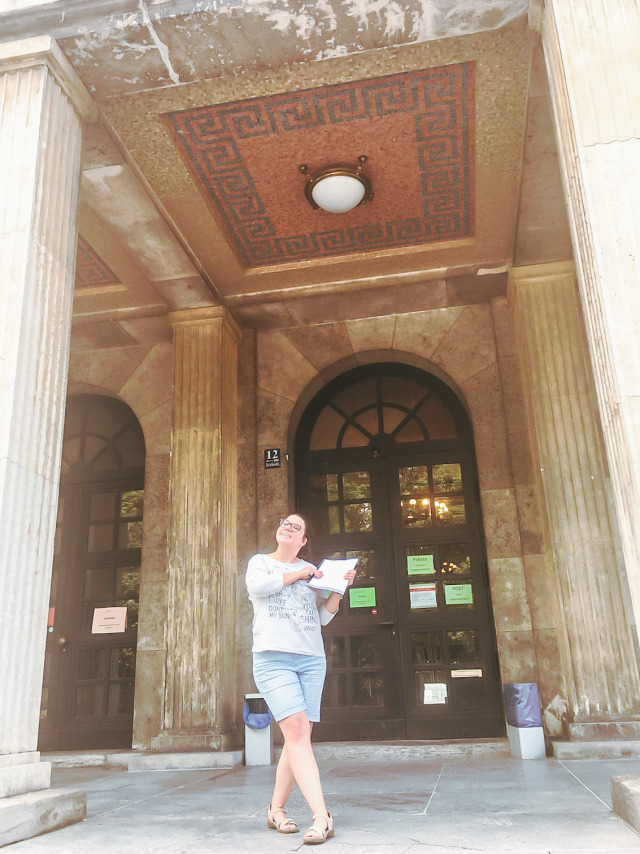


28.8.2020 | hi guys!
Just to update you about why it has been so incredibly quiet here over the past months:
I‘ve actually submitted my master thesis last week so i‘m now officially done with university and studying. I‘ve moved out of my room as well, moving back to my parents because i don’t have a job yet. (As you can imagine, going on job interviews during a pandemic in theatre/cultural/music sector is quite challenging.)
That being happening, i‘m taking some time to actually find a job. I’m on a holiday two weeks and travelling to see some friends in Germany and Austria. Much needed and deserved break incoming! I hope you’re all doing okay and are dealing with the changes we are facing right now.
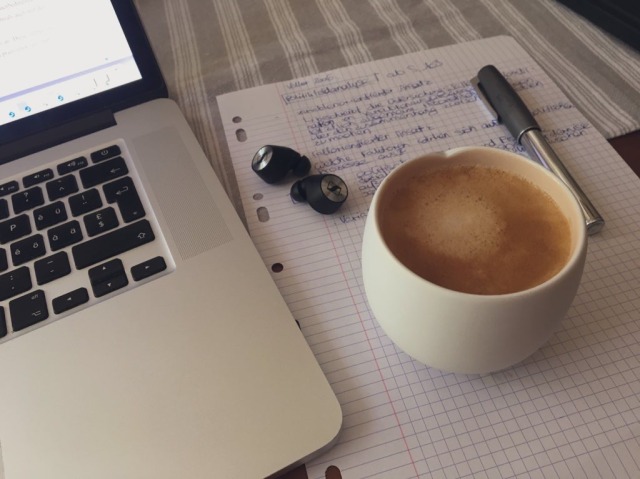
[30.05.2020] Hi guys! I’m in the middle of master thesis stress, spending way too much time in front of my laptop, applying for jobs and trying to write on my novel. And, of course, drinking too much coffee. Some things just never change.
How are you all?
Yep, I’m back again. I am home during these times to be with my family and actually have some company. And also, I’ve started writing my masters thesis officially now. Still waiting on some results from the past semester. So far, I haven’t gotten the greatest marks, but I’ve passed all of my exams..
I’m still trying to figure out new routines during my time at home and I feel like I’m not always best at motivating myself to do some work. However, I’m moving forward and searching my way through the jungle that is online literature (Since all libraries are closed which may be a problem over time…) But for now, this will have to be enough, and I have lots of material which i can work with, so I guess I’ll be fine!
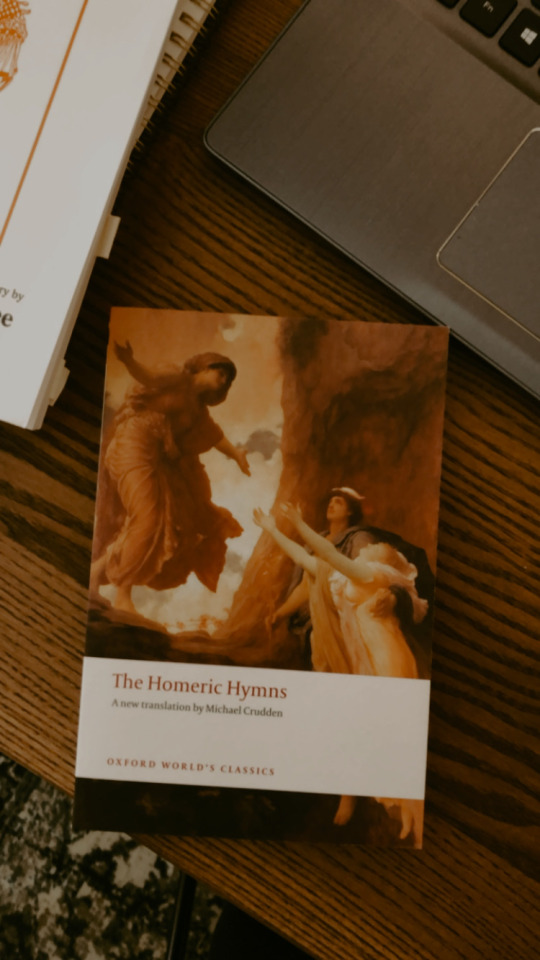

16th April 2022
some (slightly) unexpected places the phd has taken me today
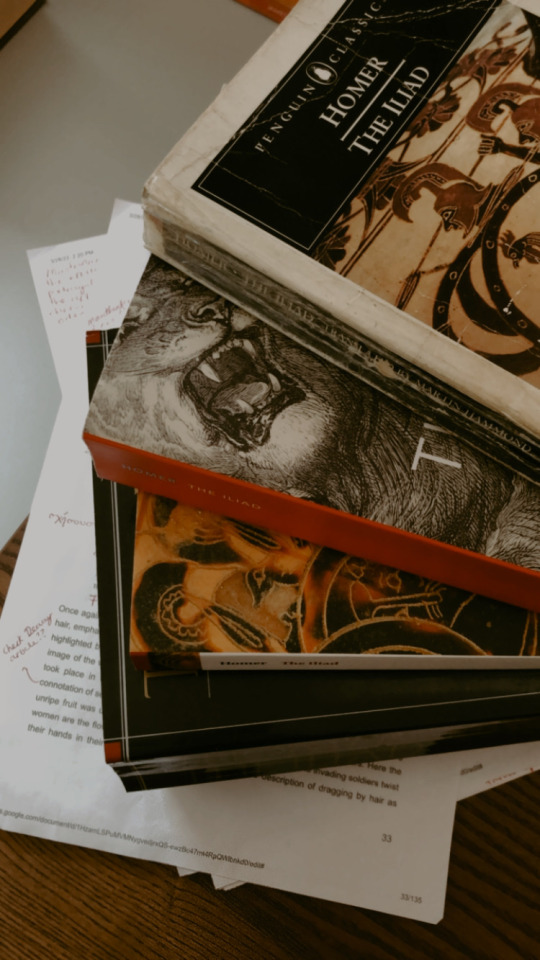
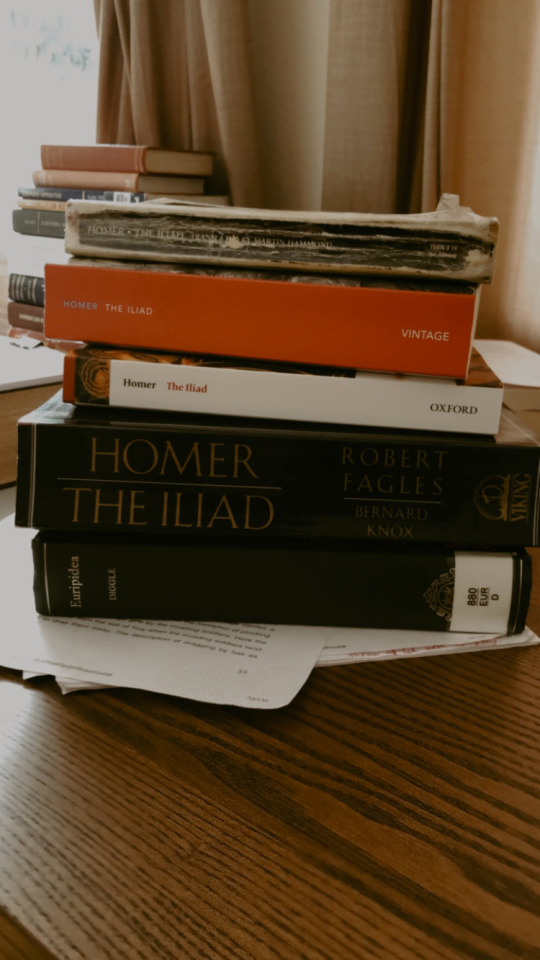
16th April 2022
a lot of Iliads
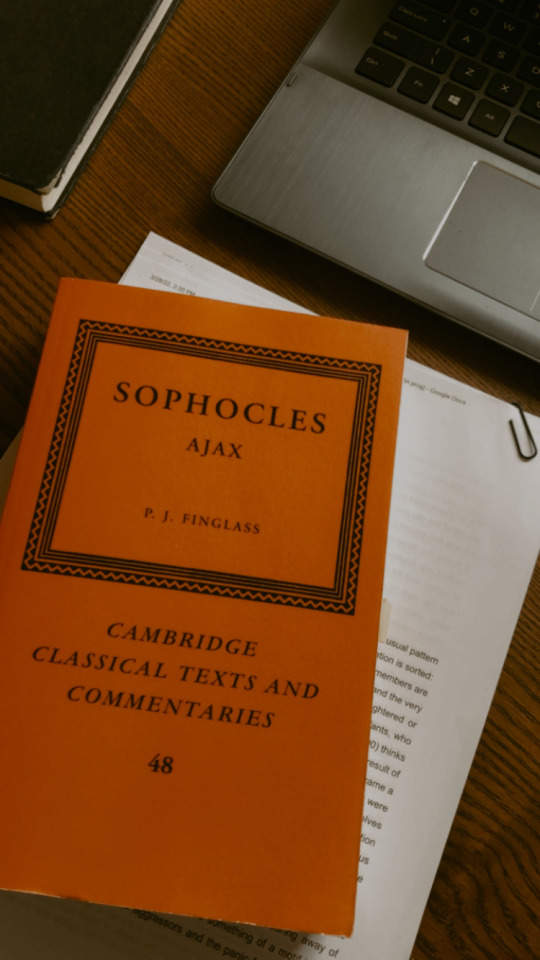


4th April 2022
Today’s academic reads
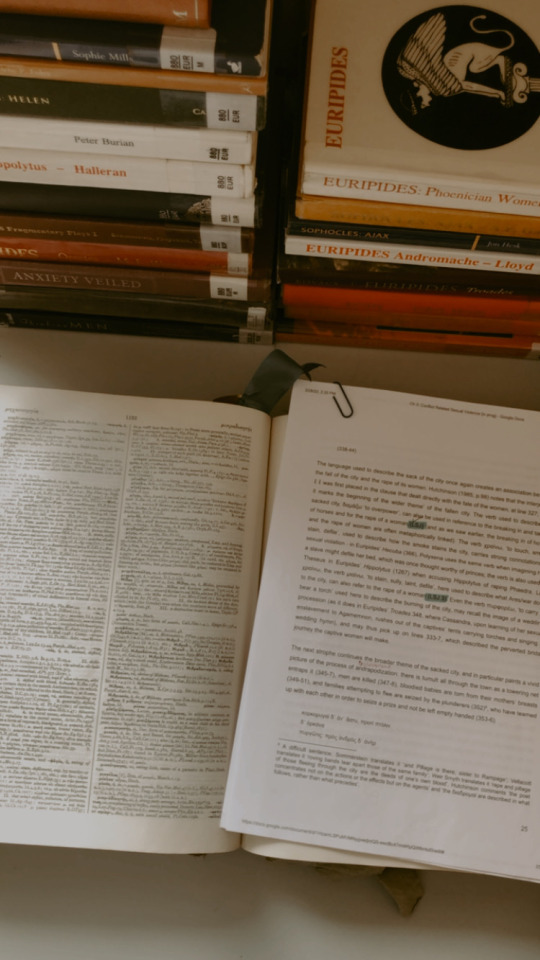

4th April 2022
Another day editing thesis chapter 3, ft. the LSJ Greek lexicon

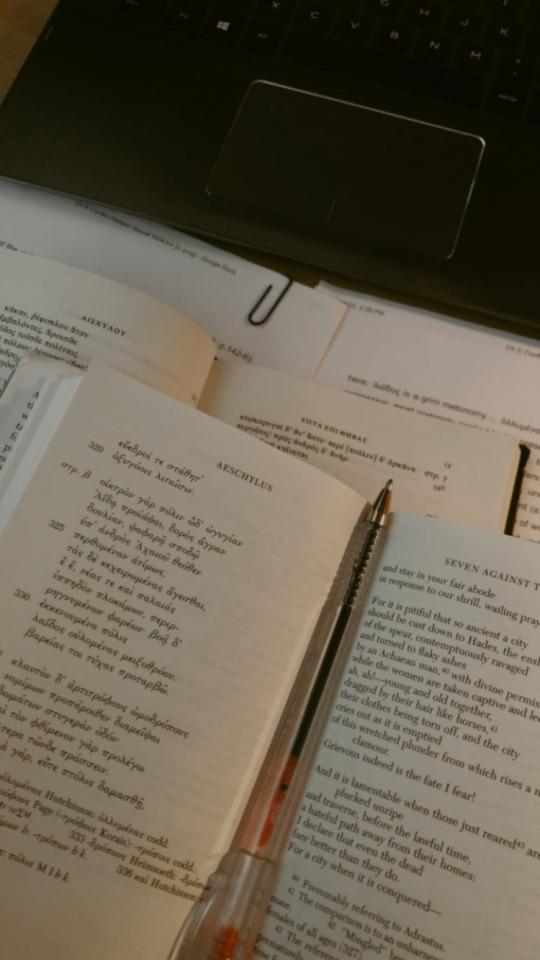
31 March 2022
Editing chapter 3


Some old photos from 7th October 2021. I wrote my master’s thesis on Aeschylus’ Oresteia trilogy, and I revisited it again in my PhD thesis. My supervisor just okayed the section of my thesis dedicated to it, with no corrections to make, so I don’t think I’ll be working on it again for the foreseeable future. Well, academically at least - I do have a pretty detailed outline of a retelling I’d love to write

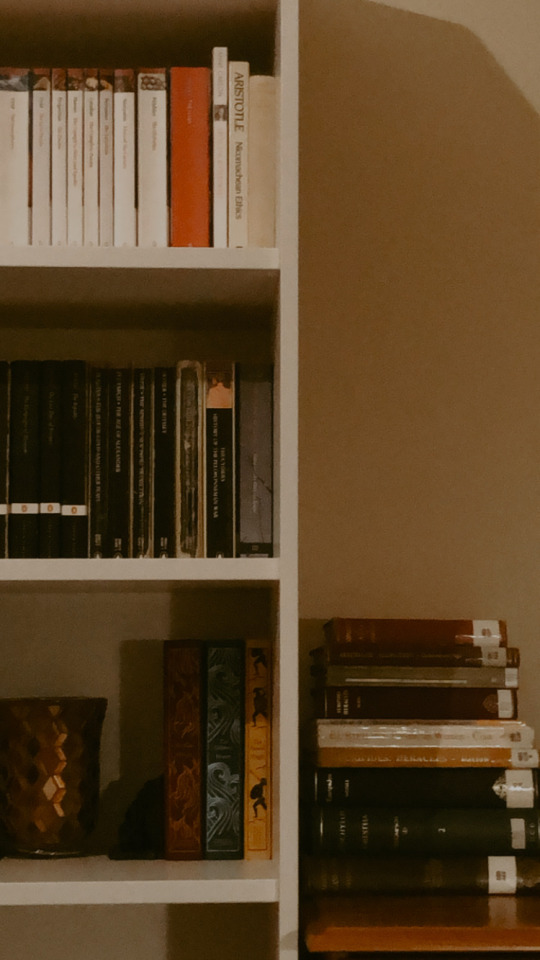
Saturday 5th March 2022
Racing to finish this thesis section on Sophocles’ Ajax


16 Nov 2021
thinking about captive women in Homer’s Iliad & Euripides’ Andromache
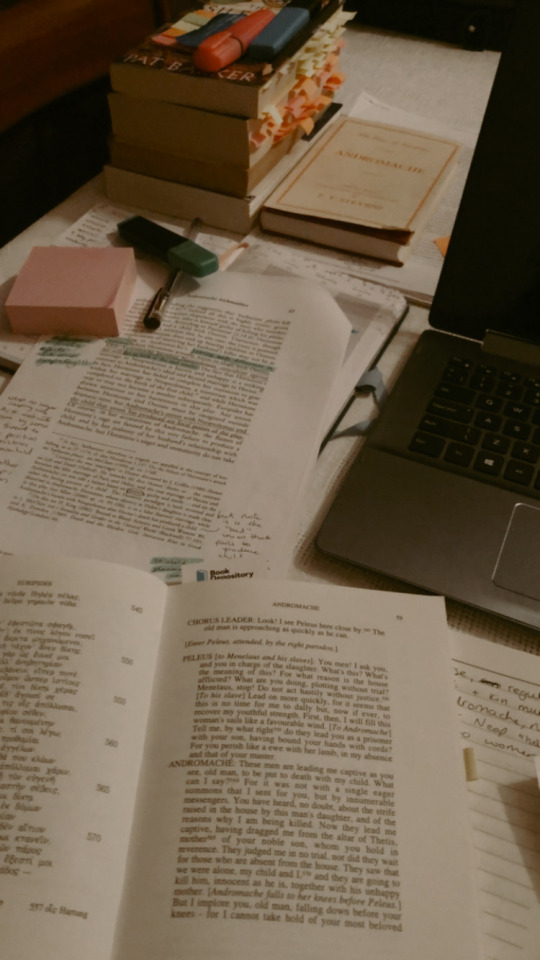

07 Nov 2021
working on Euripides’ Andromache


12 October 2021
was having an unproductive day (academic wise), but sat down at 9.30pm and bashed out an outline for this thesis section in the space of an hour! ready to write up tomorrow


2 October 2021
got a lot of thesis writing done today
Not OM! related but I just realized I soon have to start writing my master’s thesis and I don’t even know what to research and write it about.
I want to write fiction, not acamedic research

